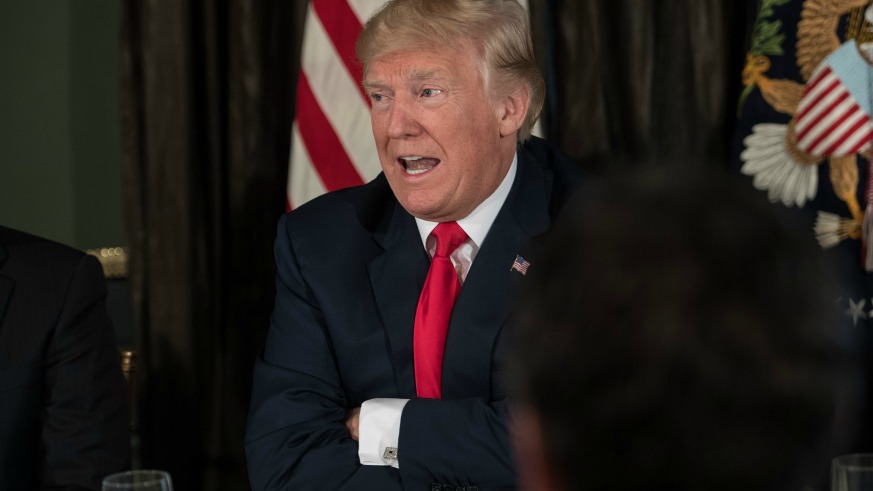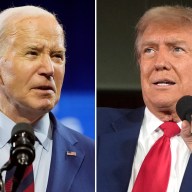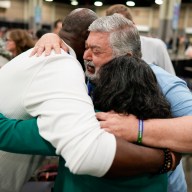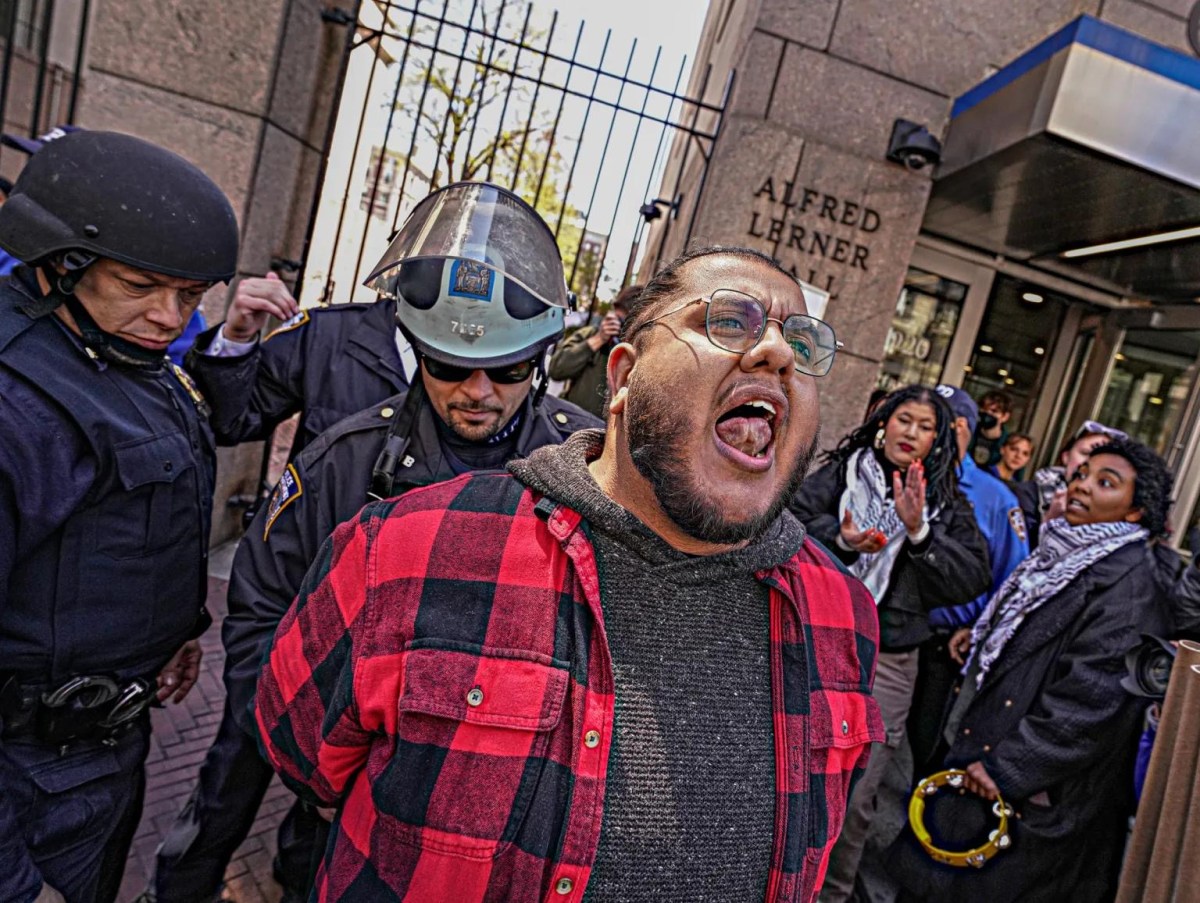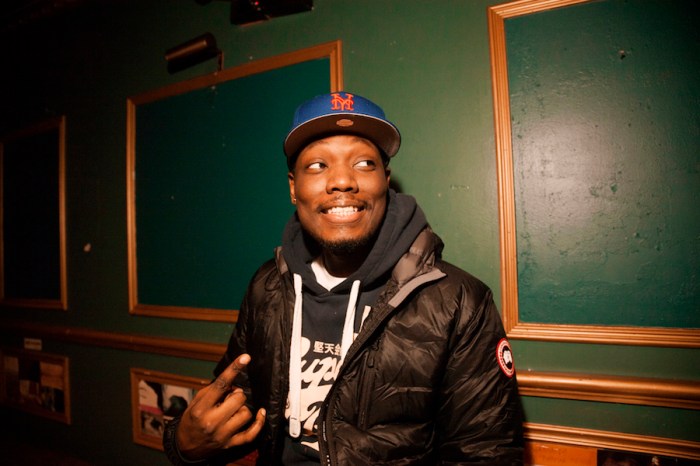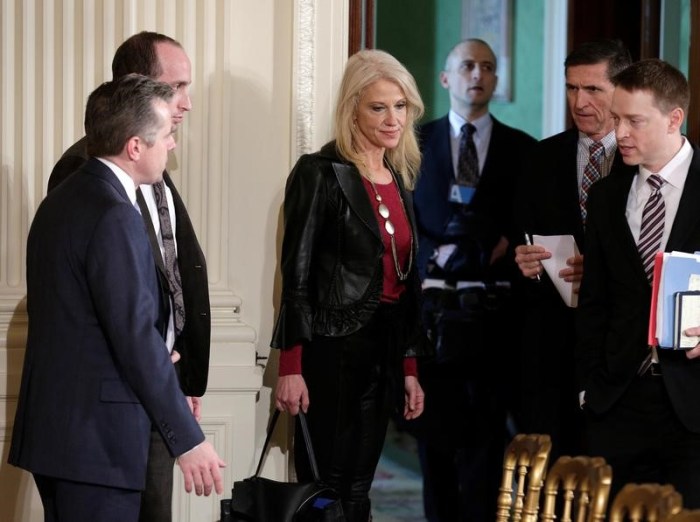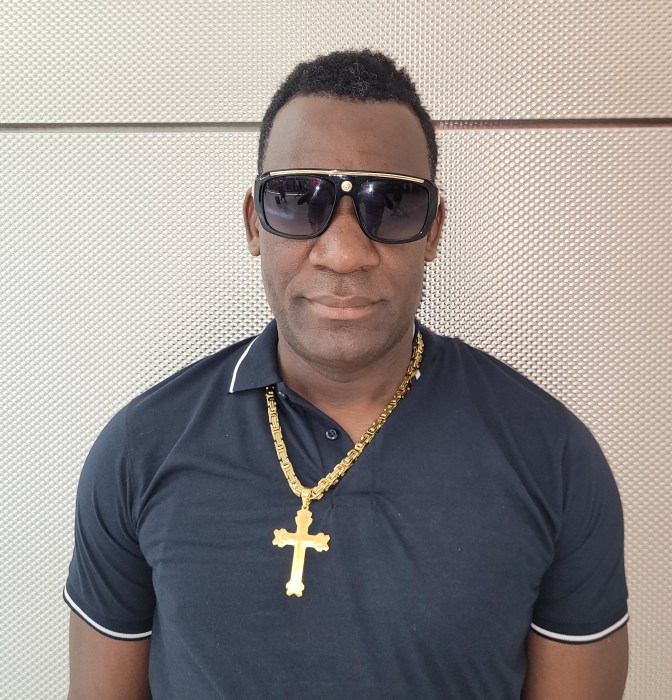In the days following the violent protests in Charlottesville, Virginia, President Donald Trump has been giving the American public mixed signals when it comes to condemning white supremacy, neo-Nazis and the alt-right, but the ambiguity is nothing new for Trump.
Trump’s delayed criticism of the racist hate groups that incited violence down in Virginia last weekend, which led to the death of a 32-year-old counter-protester and injury to dozens more, was the subject of much media backlash in the days following the upheaval.
Immediately after 20-year-old pro-Nazi protester Alex Fields Jr. rammed his car into a crowd opposition marchers, killing Heather Heyer, Trump failed to denounce the hate groups, instead of criticizing “violence on many sides.”
On Monday, Trump again addressed the violent clashes between the “Unite the Right” marchers and liberal protesters, this time condemning the hate groups involved in the alt-right rally by name.
“Racism is evil — and those who cause violence in its name are criminals and thugs, including KKK, neo-Nazis, white supremacists, and other hate groups are repugnant to everything we hold dear as Americans,” Trump said, in his first unambiguous statement since the weekend protests ended in tragedy on Saturday.
That was until he spoke again Tuesday.
“I think there is blame on both sides,” Trump said during a briefing at Trump Tower in Manhattan. “You had a group on one side that was bad. You had a group on the other side that was also very violent. Nobody wants to say that. I’ll say it right now.”
He criticized the “alt-left” groups, claiming they too are “very, very violent.
“Many of those people were there to protest the taking down of the statue of Robert E. Lee,” Trump said. “This week, it is Robert E. Lee and this week, Stonewall Jackson. Is it George Washington next? You have to ask yourself, where does it stop?” he said, noting that the first American president had owned slaves.
But this isn’t the first time Trump has flip-flopped on his opinions toward white nationalist groups.
In 1991 Trump first shared his thoughts about infamous Ku Klux Klan leader David Duke, who had pulled nearly 39 percent of the vote in a recent Louisiana gubernatorial election. Duke lost, but in the interview with CNN’s Larry King, Trump seemed to explain away the rampant racism.
“Did the David Duke thing bother you? Fifty-five percent of the whites in Louisiana voted for him,” King said to Trump.
“I hate seeing what it represents, but I guess it just shows there’s a lot of hostility in this country. There’s a tremendous amount of hostility in the United States,” Trump said.
“Anger?” King asked.
“ It’s anger. I mean, that’s an anger vote. People are angry about what’s happened. People are angry about the jobs. If you look at Louisiana, they’re really in deep trouble. When you talk about the East Coast — It’s not the East Coast. It’s the East Coast, the middle coast, the West Coast …”Trump answered.
On the campaign, it was more of the same. While a campaign staffer was fired over a racist Facebook rant and early on Trump supported the removal of the Confederate flag from the South Carolina state capitol, he later claimed to not know who KKK leader Duke was when he told KKK members to throw their support to Trump on his radio show.
Despite his comments in the early 1990s, Trump at first said he “didn’t know anything about David Duke,” in an infamous exchange with CNN reporter David Duke. Trump later blamed the comments on a “very bad earpiece.”

